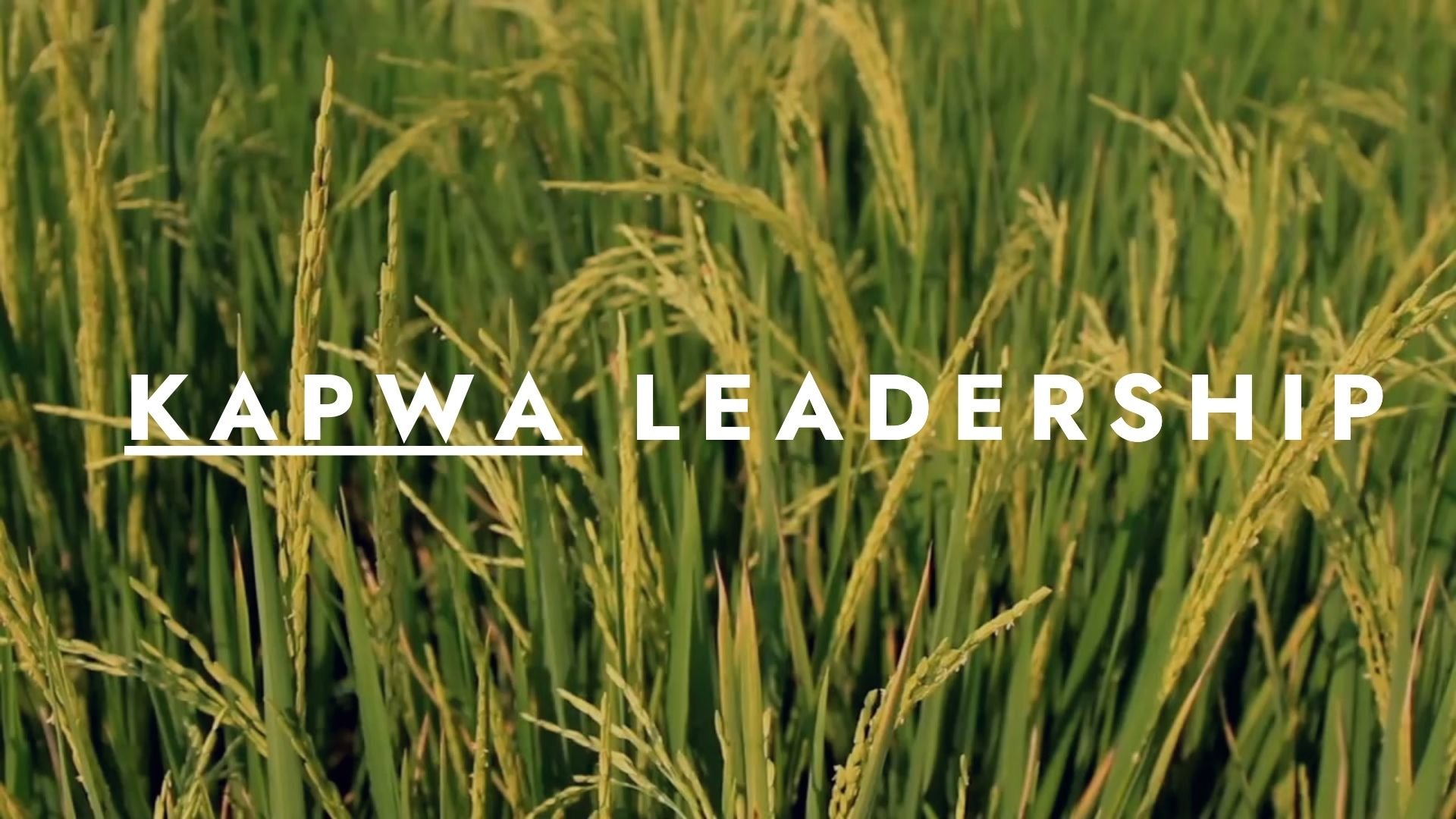
Rather than a single homogenous worldview, or one painted by polarized extremes, Kapwa encourages us to embrace, be curious about, and honor the depth and breadth of the human experience.
It represents the same union in philosophy between indigenous and modern, west and east, dominant culture and global majority, that will line the many pathways to our collective future.
New Leadership
Kapwa is an indigenous Filipino concept that translates to:
Together. The shared self.
Shared-identity. Self-in-the-other.
For all of us, Kapwa represents that which is missing from our experience of work life today. These qualities have flourished on the fringes in the most progressive teams and organizations, and the time for them to become part of the mainstream discourse is here.
It’s a vision of leadership that all of us can practice, that centers on a sense of interconnectedness, shared identity, and mutual responsibility.
A New Worldview & Web of Meanings
The beauty of a term like kapwa is it helps us to embed ourselves in an entirely different worldview and web of meanings. Interconnectedness goes beyond belonging and reminds us of the broadest ways we are interdependent, together, and related.
Kapwa and Our Intertwined Futures
In choosing Kapwa as a worldview, we choose a connection to one another and the world and let go of the idea of a single objective truth. Instead, we choose to see and work with our pluriverse - the reality that there are multiple diverse worldviews, belief systems, cultural practices, and ways of being that are each equally valid and valuable.
A Future We Are Working Toward
If you are here, you are on the journey to practicing Kapwa Leadership. The purpose of weaving Kapwa into our understanding of Leadership is to define a leadership style that is inclusive, collaborative, compassionate, courageous, land-conscious, co-creative, ethical, responsible, and adaptive.
Many of these qualities are in the highest demand in many organizations today, and they are the qualities we all have a responsibility to practice. We believe that the training to learn and practice these skills should be accessible to everyone. That’s why we’re here.

Kapwa
The Interconnected Self
At Kapwa Leadership, Kapwa roots our point of view in a relational perspective. Our inner self, the version of the self we share, and the people, communities, lineages, and movements we collectively identify with are all intertwined. Let's arrive at this concept from a Western self-is-separate-from-others worldview. The Kapwa perspective allows us to practice cultivating an ever-expanding field of empathy that connects us with beings increasingly distant from our lived experience.
If we arrive at this from an indigenous point-of-view, Kapwa represents one of many notions of “being in right relationship.” That is a state of balance between paradoxes where we work toward a harmonious relationship. From this perspective, what we want to see in the world can be realized through concrete choices and actions that are in service of or against our Kapwa.
All Our Relations
Kapwa, as a concept, has many relatives from all over the world. Each of the below philosophies embodies a distinct and intricate tradition that evolved in their own cultural contexts, which is to say they are not direct translations of Kapwa. That said, they all represent different faces of a relationship-oriented virtue ethic that connects us to each other and the planet.
On Respectful Representation of
Indigenous Philosophies
We share these words with this reminder to approach these concepts with the respect, humility, and openness they deserve. As we learn from these philosophies, we also must practice what they teach, to honor the cultures that birthed them and the people who continue to uphold them today.
-
As we navigate this shared digital space, we recognize the vibrant tapestry of philosophies and concepts woven into our point-of-view, drawn from many sources of knowledge across the world. We center the Filipino concept of Kapwa in our work, not as appropriation but as an homage to the ancestral ties of our Founder, a recognition of the wisdom of his forebears, and a commitment to carry their insights forward.
-
We seek to foster an environment of deep respect and appreciation for these indigenous philosophies and ways of knowing. We acknowledge that these concepts are the intellectual and cultural heritage of their respective communities. These have been shared with us through the generous teachings and writings of various culture-bearers. Where it is possible, we have sought (or are seeking) the guidance and permission of appointed elders in how we depict each philosophy. We honor this gift by ensuring these traditions are represented accurately and respectfully, recognizing our responsibility to engage with them in an informed, considerate, and appreciative manner.
-
We are conscious of avoiding the pitfalls of romanticizing or idealizing indigenous cultures. While we draw on their wisdom, we also acknowledge their complexity and humanity. Like all cultures, Indigenous cultures encompass a broad range of experiences, beliefs, and values and are not static artifacts of the past but living, evolving traditions.
-
We invite you to join us in recognizing the individuality of each culture represented here. These are not monolithic groups but diverse communities with their own unique traditions, histories, and perspectives. We acknowledge that these communities are alive today, many actively fighting for their rights, sovereignty, and self-determination. We honor their resilience and stand in solidarity with their causes.



























